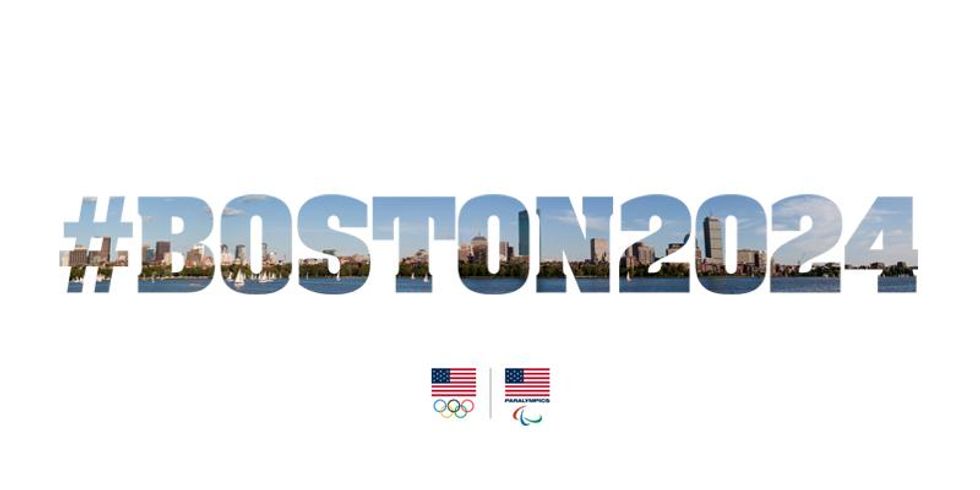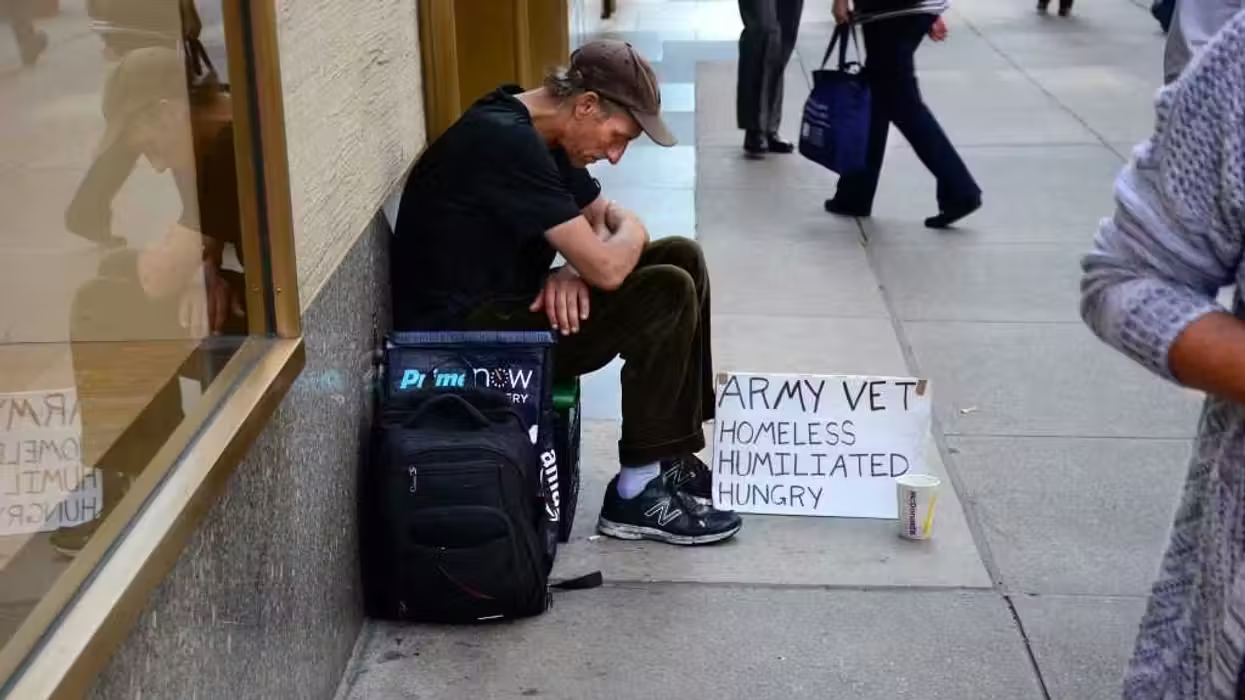
© 2025 Blaze Media LLC. All rights reserved.
Story by the Associated Press; curated by Oliver Darcy.
—
DENVER (AP) — U.S. Olympic leaders surprisingly cast their future with Boston, hoping a compact, college-centric bid will overshadow the city's organized protest group and convince international voters to bring the Summer Games to America after a 28-year gap.
During a daylong meeting at the Denver airport Thursday, USOC board members chose Boston, with its promise of frugality and lots of temporary and reusable venues, over Los Angeles, San Francisco and Washington.
"Today's selection by the USOC is the beginning of an incredible opportunity for Boston," said Boston 2024 Chairman John Fish, who will be part of a celebratory news conference Friday in Boston with the USOC leadership.
[sharequote align="center"]"Today's selection by the USOC is the beginning of an incredible opportunity for Boston."[/sharequote]
Boston joins Rome as the only other city that has officially decided to bid. Germany will submit either Hamburg or Berlin, with France and Hungary among those also considering bids. The International Olympic Committee will award the Games in 2017.
America's last two attempts to land the Games resulted in embarrassments — fourth-place finishes for New York (2012) and Chicago (2016).
The selection of one of the country's most history-steeped cities comes as something of a surprise to insiders, who viewed Los Angeles as the safest choice and San Francisco as the sexiest. But a compact bid highlighted by a frugal spending plan outweighed doubts that surfaced because of the city's organized protest group and less-than-perfect history in delivering big projects like the Big Dig.
"We're excited about our plans to submit a bid for the 2024 Games and feel we have an incredibly strong partner in Boston that will work with us to present a compelling bid," USOC Chairman Larry Probst said in a statement.
Boston focused on its ability to use the more than 100 universities throughout the area to house events and athletes.
It touted a walkable, technology-based Olympics and said as many as 70 percent of its venues would be temporary, and the schools would pay for many of the venues, then take them over after the Games.
Just as quickly as the celebratory statements were coming out, the protest group, No Boston Olympics, was revving up its own act, stressing that the state's priorities should include safe communities, quality education and responsible environmental policies. No Boston Olympics was the only protest group picketing outside the USOC meeting where the cities made their presentations last month. At the time, Probst said everyone knew protests were part of the Olympic-bid process.
"An Olympics ... threatens to divert resources and attention away from these challenges — all for a chance to host an event that economists say does not leave local economies better off," a statement from the group said.
—
Featured image via U.S. Olympic Twitter account.
Want to leave a tip?
We answer to you. Help keep our content free of advertisers and big tech censorship by leaving a tip today.
Want to join the conversation?
Already a subscriber?
more stories
Sign up for the Blaze newsletter
By signing up, you agree to our Privacy Policy and Terms of Use, and agree to receive content that may sometimes include advertisements. You may opt out at any time.
Related Content
© 2025 Blaze Media LLC. All rights reserved.
Get the stories that matter most delivered directly to your inbox.
By signing up, you agree to our Privacy Policy and Terms of Use, and agree to receive content that may sometimes include advertisements. You may opt out at any time.





